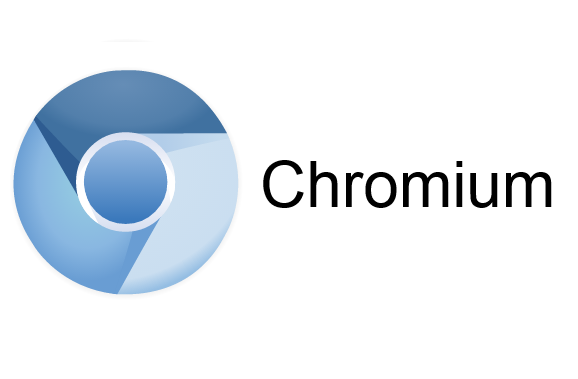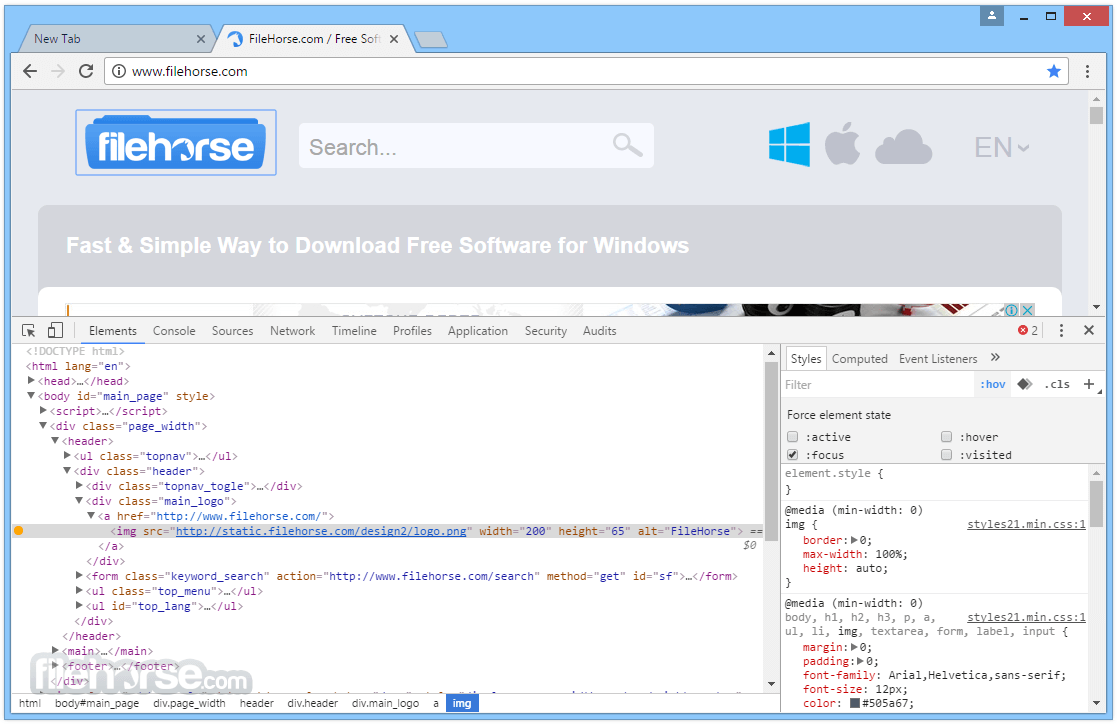
#Chromium browsers andre install#
For instance, when Alice is about to install an extension, she is warned by the browser because the extension requires the notifications permission.


While this classification might make sense from a technical point of view, it does not say much for regular users. Therefore, we can classify extensions according to the API they have access to, i.e., the permissions they define. On the contrary,ĪPI can only be used by apps (by using the hid permission) whereas For instance, both apps and browser extensions can useĪPI by defining cookies permission. Google considers API and manifest permissions equally, as there are no big differences between them.Įxtensions cannot use all APIs that Chrome exposes. Finally, manifest permissions are explicitly defined in the manifest of the extensions and provide access to a particular capability, e.g., clipboardRead, clipboardWrite, webRequest. Match patterns are a particular case of regular expressions and provide access to a set of URLs, e.g., and. API permissions grant extensions access to a specific API, e.g., cookies, and storage. There are three types of permissions: API, match patterns, and manifest permissions. The way the extensions define permissions is by listing them in the According to the official documentation provided by Google, only apps and browser extensions can effectively use the permissions they declare in the manifest. Concretely, extension permissions are used to determine which APIs are exposed to the extensions. In particular, one such option is the set of permissions that the extensions have access to. In contrast, browser extensions will still stay on course.Įxtensions have to include, at least, one special and mandatory file called manifest.json where the options and the configuration of the extensions are defined. In June 2021 the support for apps on Windows, Mac, and Linux will be removed, and finally, the support on Chrome OS will be ended by June 2022. The Web Store did not accept more apps since March 2020-the existing ones can be updated until June 2022. Google recently released a timeline to stop supporting apps. One such example is Web Store, the largest browser extensions repository provided by Chrome containing 200,381 extensions as of December 2019. Extensions are stored in private repositories that most vendors manage and users can install extensions from them. Concretely, extensions in Chromium-based browsers (e.g., Chromium, Chrome, Opera, Brave, and Edge) are classified into apps and browser extensions. Also, we develop: (1) a browser extension to make aware regular users of the permissions the extensions they install (2) a web app where extensions developers can check whether their extensions are compliant with the spirit of the least privileged and (3) a set of scripts that can be part of the vendors’ acceptance criteria such that when developers upload their extensions to the official repositories, the scripts automatically analyze the extensions and generate a report about the permissions and the usage.Įxtensions are small and powerful applications that users can install in most web browsers to enrich the experience of browsing the web.

Yet, this paper demonstrates that 39.8% of the analyzed extensions provided by the official Web Store are compliant with the spirit of least privilege. In particular, Chrome’s permission ecosystem was designed in the spirit of the least privilege. To be used, extensions need to list the permissions associated with these APIs in a mandatory extension file named manifest. Browsers expose a set of restricted APIs to extensions. Extensions are small applications installed by users and enrich the user experience of browsing the Internet.


 0 kommentar(er)
0 kommentar(er)
